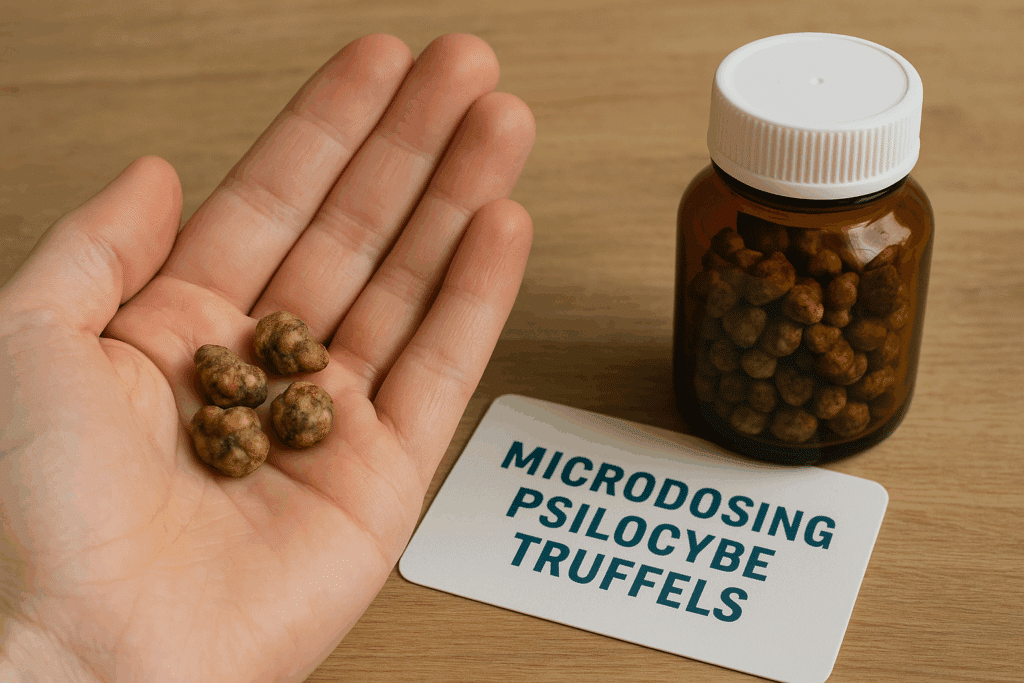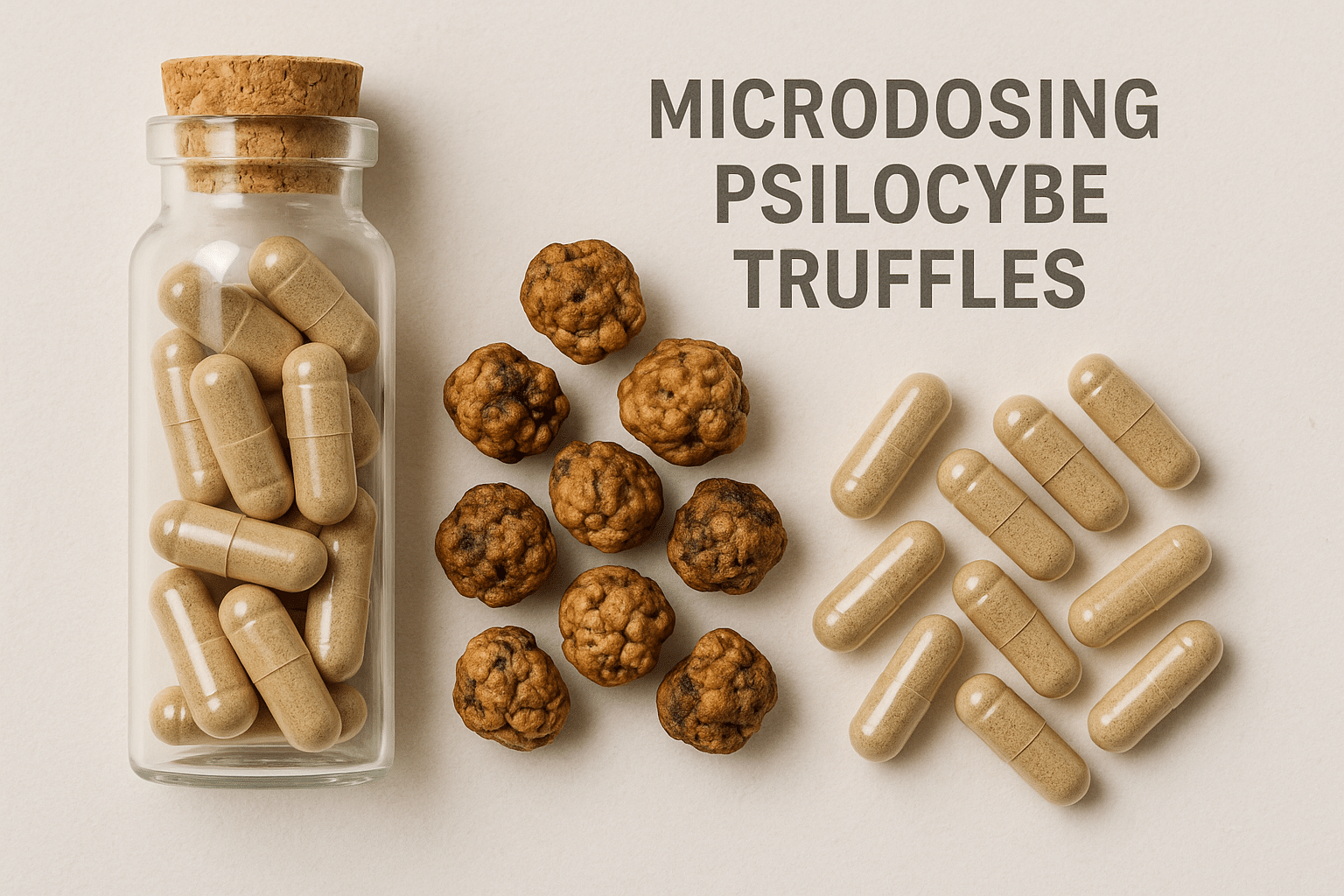
Have you ever said to yourself that you really aren’t creative after all, that you would love to learn guitar, but you can’t? We would love to try something new, but it often doesn’t happen. And that’s a shame anyway! Microdosing might help learn new skills. Here’s how microdosing affects learning.
Learning new things is great fun, it enriches your life, you gain new perspectives and you can build on them. But have you also often stood looking at that guitar, that drawing pad or that language guide and enthusiastically thought, Now I’m going to do it! But your enthusiasm soon dissipates, you doubt yourself and think it’s too difficult anyway. And so your beautiful plans soon dust up.
That happens to a lot of people. It is not only self-doubt that slows you down. Many people also compare themselves to great talents. Those who want to paint see works by Picasso or Rembrandt before them. Especially when you start later in life, those are not realistic expectations. But does that mean you should just stop immediately? Of course not.
You don’t have to create art that will rock the world. It’s about doing something new, and you do it mostly because it feels good. And that’s where microdosing could potentially play a role. When you read user experiences, what emerges is that people experience microdosing as a gentle support that helps relieve anxiety and calm those inner doubts.
Microdosing won’t make you suddenly very talented, but it may change your relationship to learning new skills. Instead of demanding so much of yourself, you can learn to see it as something light and playful.
Microdosing can be done with various substances, but in this blog we will focus on the effects of psilocybin. This substance is found in magic mushrooms and causes you to hallucinate. But when you microdose, the effects are subperceptual: you don’t notice very much with your conscious mind. Yet psilocybin affects the brain even in these low doses.
The substance activates the 5-HT2A serotonin receptors (see study Mushrooms, Microdosing, and Mental Illness: The Effect of Psilocybin on Neurotransmitters, Neuroinflammation, and Neuroplasticity), which can be linked to increased neural connectivity and an increase in BDNF (brain-derived neurotrophic factor). BDNF is required for the growth of neurons and the formation of new connections between nerve cells. The activation of serotonin receptors can also boost concentration and focus, meaning that when you’re trying to learn something new, your engagement is greater and your attention can be sustained.

There also appears to be a link between microdosing psilocybin and the amygdala. It may be that microdosing brings peace to this part of the brain. This is according to the 2020 study “Therapeutic mechanisms of psilocybin: Changes in amygdala and prefrontal functional connectivity during emotional processing after psilocybin for treatment-resistant depression,” published in Journal of Psychopharmacology. In this, 19 depressed patients received a dose of 25 mg of psilocybin.
FMRI scans showed that functional connectivity between the ventromedial prefrontal cortex and the right amygdala during emotional processing, decreased in patients with therapy-resistant depression. The results support the idea that psilocybin restores emotional sensitivity and feeling through emotions on a neurological and psychological level.
It is a hopeful result, however, this is only a small-scale study and results cannot be generalized to larger groups of people. In addition, this was a clinical dose of psilocybin, which does produce a psychedelic experience. So there is also the question of the effect of microdosing on anxiety.
Why use microdosing if you want to get more enjoyment out of learning? So it is not yet entirely clear how microdosing affects learning, learning ability or how you process information. But going by what enthusiastic microdosers indicate, microdosing could help with the following points, which are important for learning:
In addition, the positive mood and a decrease in anxiety helps reduce your own doubts and calm your inner critic. The little voice that tells you that you can’t do something anyway, that you won’t make anything out of it, that you’re not creative or smart enough. Instead of being held back, microdosing can help you just really get started on that fun hobby or course you’ve wanted to do for so long.
Have you been walking around with such plans for a long time? Then take that step and go for the joy of learning. It doesn’t have to be a difficult challenge with rigid goals or demands that you set for yourself. Learning something new is fun; it’s all about the new impressions you gain. Learning can bring you joy and make your life richer.
Tackle your new hobby wisely. Make space in your calendar for what you are going to do. Start with small steps. If you want to make music, start with a beginner’s class. And remember what James Fadiman said: Microdosing is not going to do it for you. However, it helps you feel that it is possible to do.
Want to discover if microdosing supports your learning? Start small, keep a journal and always consult with a doctor or when in doubt.
DISCLAIMER:
Please note that this blog is intended as information only and not medical advice. The use of psychedelics carries risks. Get advice from your doctor if you are on medication or have health problems.
If you are curious about the range of microdosing, check out our shop.



Valid from Oct 21 to Nov 2, 2025
Use the code below at checkout to receive 15% off your entire order.

